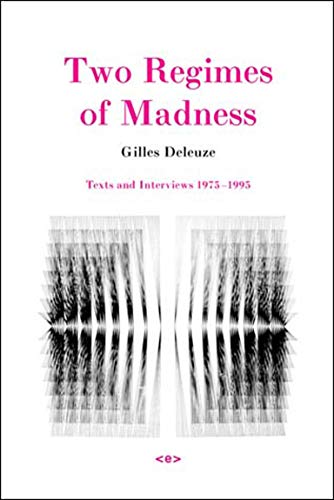

Most ebook files are in PDF format, so you can easily read them using various software such as Foxit Reader or directly on the Google Chrome browser.
Some ebook files are released by publishers in other formats such as .awz, .mobi, .epub, .fb2, etc. You may need to install specific software to read these formats on mobile/PC, such as Calibre.
Please read the tutorial at this link. https://ebooknice.com/page/post?id=faq
We offer FREE conversion to the popular formats you request; however, this may take some time. Therefore, right after payment, please email us, and we will try to provide the service as quickly as possible.
For some exceptional file formats or broken links (if any), please refrain from opening any disputes. Instead, email us first, and we will try to assist within a maximum of 6 hours.
EbookNice Team

Status:
Available0.0
0 reviewsPeople tend to confuse winning freedom with conversion to capitalism. It is doubtful that the joys of capitalism are enough to free peoples.... The American “revolution” failed long ago, long before the Soviet one. Revolutionary situations and attempts are born of capitalism itself and will not soon disappear, alas. Philosophy remains tied to a revolutionary becoming that is not to be confused with the history of revolutions.—from Two Regimes of Madness
Covering the last twenty years of Gilles Deleuze's life (1975-1995), the texts and interviews gathered in this volume complete those collected in Desert Islands and Other Texts (1953-1974). This period saw the publication of his major works: A Thousand Plateaus (1980), Cinema I: Image-Movement (1983), Cinema II: Image-Time (1985), all leading through language, concept and art to What is Philosophy? (1991). Two Regimes of Madness also documents Deleuze's increasing involvement with politics (with Toni Negri, for example, the Italian philosopher and professor accused of associating with the Red Brigades). Both volumes were conceived by the author himself and will be his last. Michel Foucault famously wrote: “One day, perhaps, this century will be Deleuzian.” This book provides a prodigious entry into the work of the most important philosopher of our time. Unlike Foucault, Deleuze never stopped digging further into the same furrow. Concepts for him came from life. He was a vitalist and remained one to the last. This volume restores the full text of the original French edition.